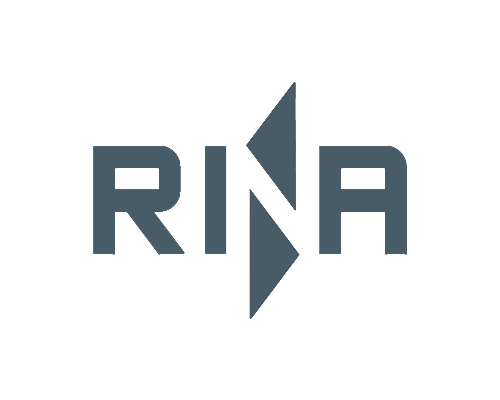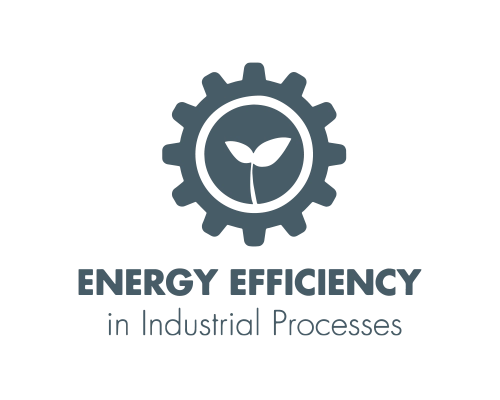The CAPTUS Workflow
The proposed CAPTUS technologies will be tested and endorsed from lab to pilot scale, and the obtained RECs will be validated by quality assessments and upgrading studies for the formulation of high-performance fuels. Also, CAPTUS will analyze the integration of the validated solutions in EIIs regarding economic, environmental, societal, regulatory and geo- political criteria. Furthermore, CAPTUS will develop guidelines and strategies for a decarbonization roadmap, improving awareness and acceptance of CCU technologies and the obtained RECs, as well as creating suitable business cases and replication opportunities.
Project Workflow
Work packages
CAPTUS addresses this complex challenge by gathering a competitive consortium of 18 partners, from 8 EU countries. The consortium counts on technology developers and providers with the highest excellence, as well as outstanding industrial partners with major actors in 3 of the most CO2-emmiting sectors (steel, chemical and cement).
The consortium complementarity is based on the diversified expertise, knowledge and networks, covering all addressed REC value chains, skills, resources and access to stakeholders in order to allow the successful implementation of the project objectives. Although each partner will contribute to different tasks throughout the project, each one leads at least one specific task based on their background and suitability to
perform that activity.
WP1

Management and coordination
The main objective of this work package is the development and implementation of an effective and comprehensive management system, that ensures the successful execution of the project. The management includes administrative, financial, technical and legal aspects. This work package is led by CIRCE.
WP2

Baseline assessment and definition of the project framework
This work package lead by RINA-C will map the impact of renewable energy curtailments on the energy intensive industry sector and the decarbonisation process. Also, a monitoring and evaluation plan will be developed to assess the requirements of the CAPTUS conversion technologies. Data will be collected, and algorithms will be developed for simulate the best configurations for the three demonstration sites in the project.
WP3

Production of acetate and triglycerides from steel industry emissions by a two-step fermentation process
This work package lead by BBEPP will develop and demonstrate a complete carbon capture process based on a microbiological fermentation process at a steel plant run by ARC. Here, the carbon dioxide in the steel plant emissions will be converted by microbes to acetate, which will in turn be converted to triglycerides by oleaginous yeast. The triglycerides are an important raw material for e.g., biofuels.
WP4

Production of oil from hydrothermally liquefied algae fed by carbon dioxide from chemical industry
Production of oil from hydrothermally liquefied algae fed by carbon dioxide from chemical industry This work package lead by A4F will develop a new technology to convert carbon dioxide from a chemical plant run by HCH by microalgae. These algae are rich in lipids and can be converted into an oil by a process called hydrothermal liquefaction, which will be tested by CIRCE.
WP5

Production of formic acid from cement industry emissions by carbon dioxide electrochemical reduction
UNICAN will lead the development of a process to capture carbon dioxide with a gas diffusion electrode to create formic acid at a cement plant run by GCPV. The formic acid is an important raw material for the creation of carbon neutral energy carriers.
WP6

Validation and impact assessment
This work package led by CIRCE will analyse the in depth the overall sustainability, economic and social viability of the concepts demonstrated in this project, including the impact over the complete value chain. This package will also include modelling and simulations to optimize CAPTUS technologies for maximising the economic benefits.
WP7

Exploitation and business models
EEIP will take the lead in identifying the most suitable strategies and market mechanisms for integrating the production of renewable energy carriers into industrial processes. An analysis of the challenges for the replication of the solutions is also included as well as the analysis of key exploita-ble results. This will contribute to construct the most suitable business use cases to increase decarbonisation in industry.
WP8

Dissemination and communication
SIG takes the responsibility of defining and managing communication and dissemination activities during and after the project. The knowledge gained in the CAPTUS project will be conveyed to tar-get groups in industry and the general public. Furthermore, this will include networking with other EU-projects and initiatives with similar topics.